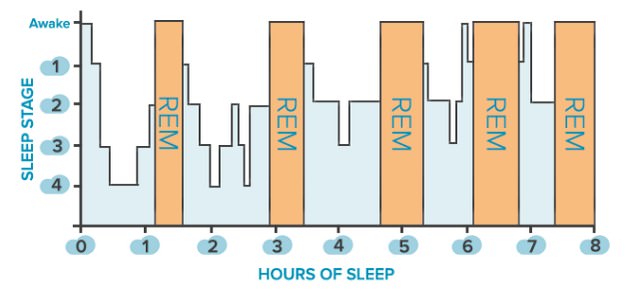

Is REM sleep different from deep sleep?ĭeep sleep is actually associated with the period of sleep known as stage N3, Dr. REM is usually the last long period of sleep after three other stages that are part of a perfect night's sleep: stages one through three of what experts call NREM sleep, or non-rapid eye movement cycles.īoth experts agree that not getting enough sleep, and thus not fully enjoying multiple REM cycles, can lead to a higher risk of cardiovascular disease, diabetes, dementia, and depression, among other sleep-related issues like chronic sleep apnea or insomnia. Your body needs to get through most of the night before it enjoys a cognitive boost in a REM sleep period. You'd probably guess that the more REM sleep you enjoy, the sharper your brain will be, right? Sadly, it's not as simple as that. Research also shows that REM sleep is tied to your cognitive health, including learning abilities and mood regulation, among other abilities. It's likely when you have your most life-like dreams, but more importantly, sleep specialists have years of data that suggests REM sleep is when your brain stores short-term memories from days prior into your long-term bank. If it sounds serious, that's because it is it's a crucial period of the night where your heart quickens, breathing increases, and yes, your eyes flutter around rapidly. You've probably heard of REM sleep - otherwise known as rapid eye movement sleep - at some point while troubleshooting your bedtime routine.


 0 kommentar(er)
0 kommentar(er)
